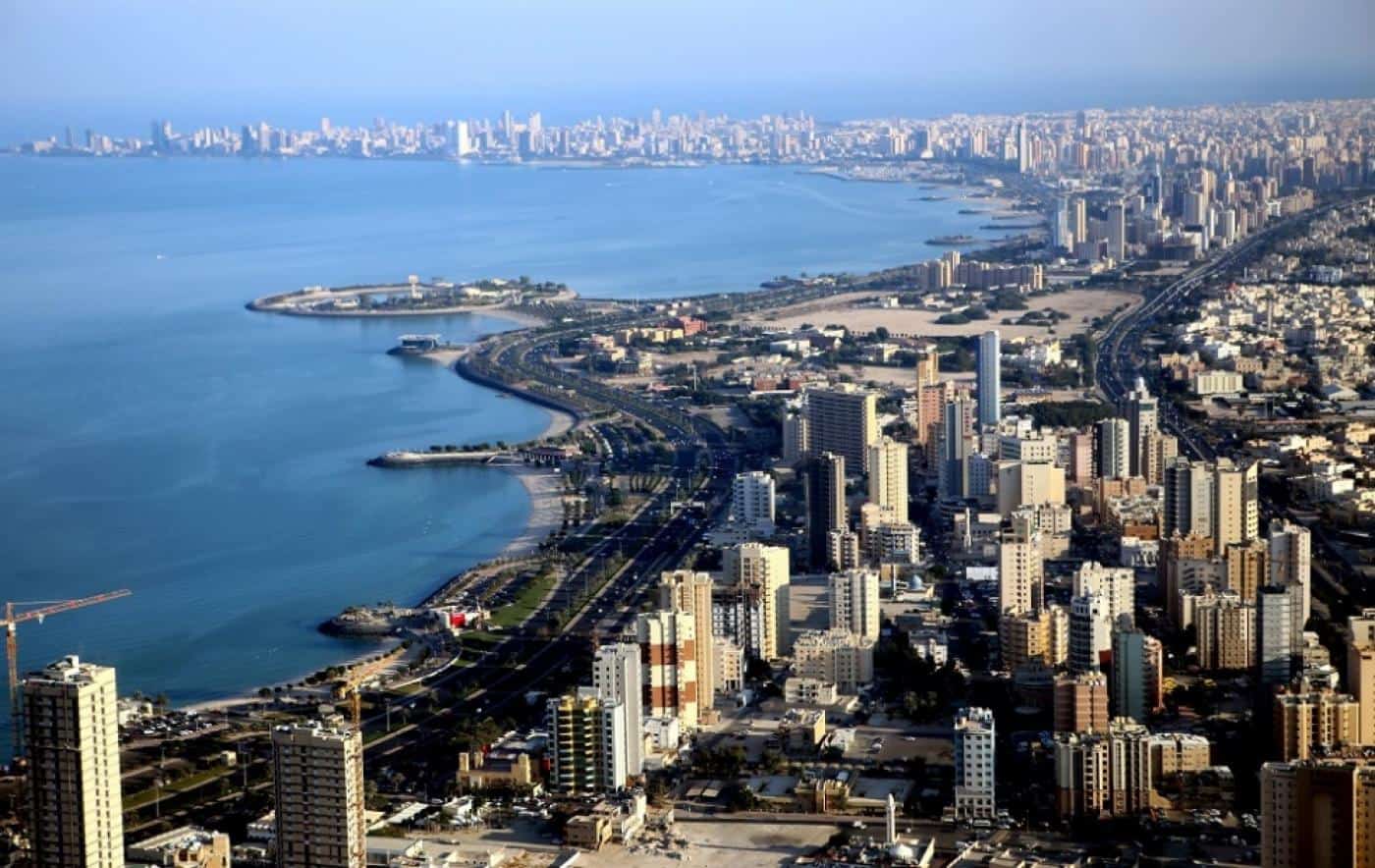Kuwait’s government resigned on Tuesday, three months after it was sworn in, state media reported, amid escalating disputes with parliament.
The Gulf emirate’s prime minister, Sabah Khaled Al-Sabah, submitted the cabinet’s resignation to Crown Prince Sheikh Meshal al-Ahmad al-Jaber Al-Sabah, the official KUNA news agency said.
The move comes a day ahead of a parliamentary vote on a letter of non-cooperation, which 10 lawmakers submitted against the premier after he had been accused of committing “unconstitutional” practices, including corruption.
Oil-rich Kuwait has been shaken by disputes between lawmakers and successive governments dominated by the ruling Al-Sabah family for more than a decade, with parliaments and cabinets dissolved several times.
Kuwait is the only Gulf Arab state with a fully elected parliament, which enjoys wide legislative powers and can vote ministers out of office.
In February, the country’s interior and defense ministers resigned in protest over the manner of parliamentary questioning of other ministers.
Parliament had questioned Foreign Minister Sheikh Ahmed Nasser al-Mohammed Al-Sabah — also part of the royal family — over corruption claims and alleged misuse of public funds.
Sheikh Ahmed survived a no-confidence vote on February 16, but Defense Minister Sheikh Hamad Jaber Al-Ali Al-Sabah said the lengthy grilling was an “abuse” of power.
“Interrogations are a constitutional right… but parliamentary practices are hindering us from fulfilling the aspirations of the Kuwaiti people,” he was quoted as saying at the time by Kuwaiti media.
The country’s last government was sworn in December, the fourth in two years, after the previous one resigned in November amid political deadlock.








